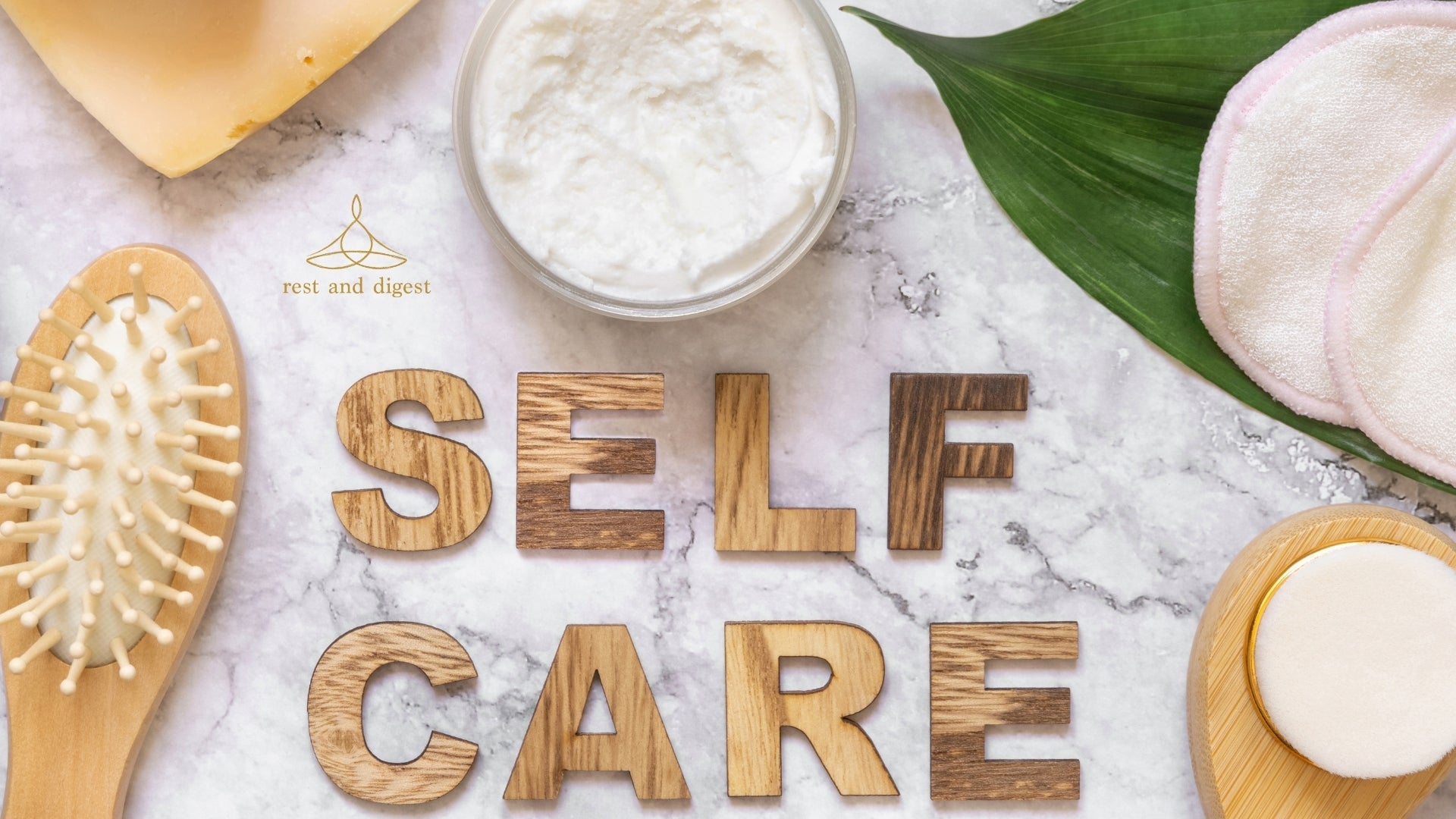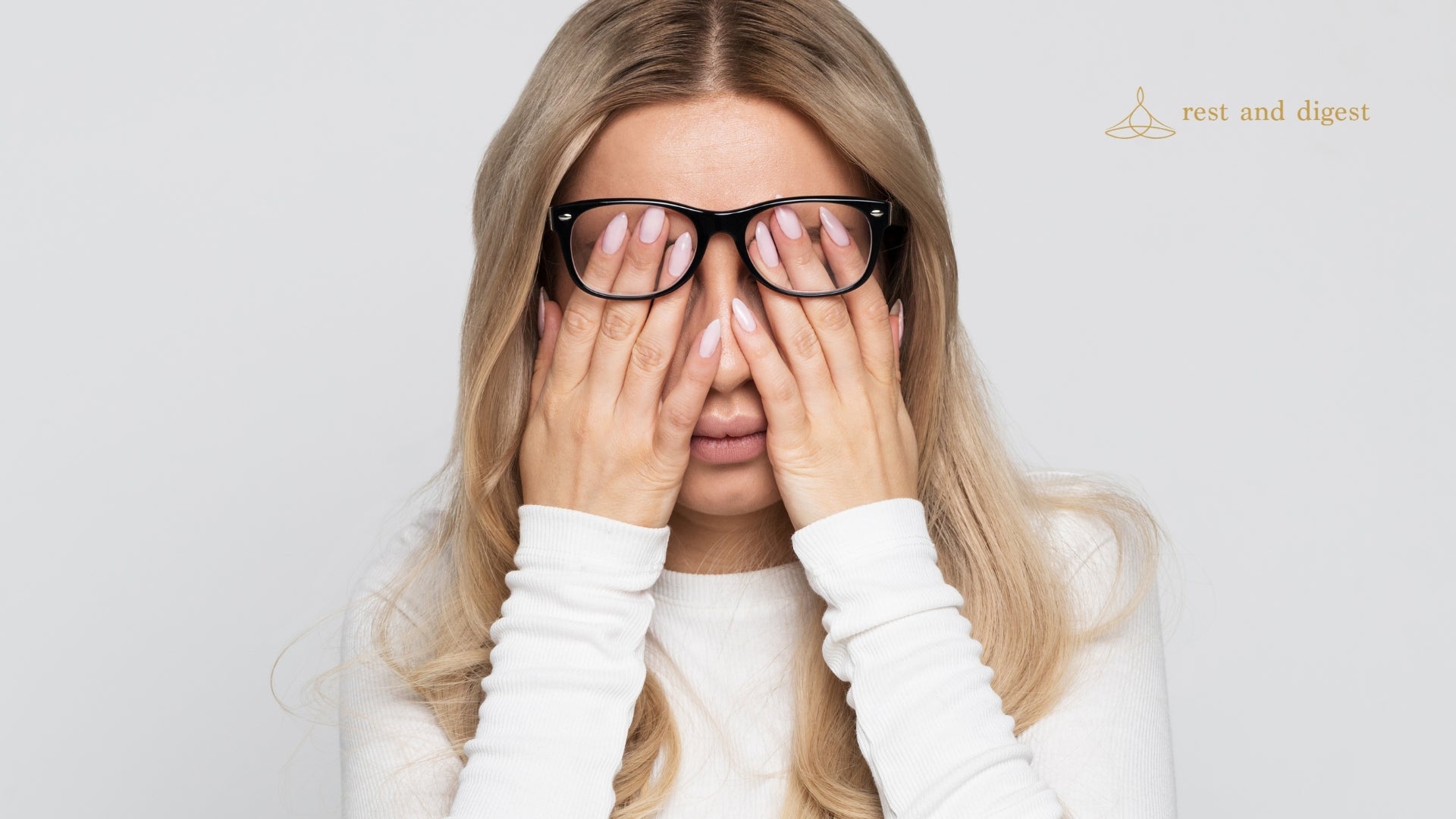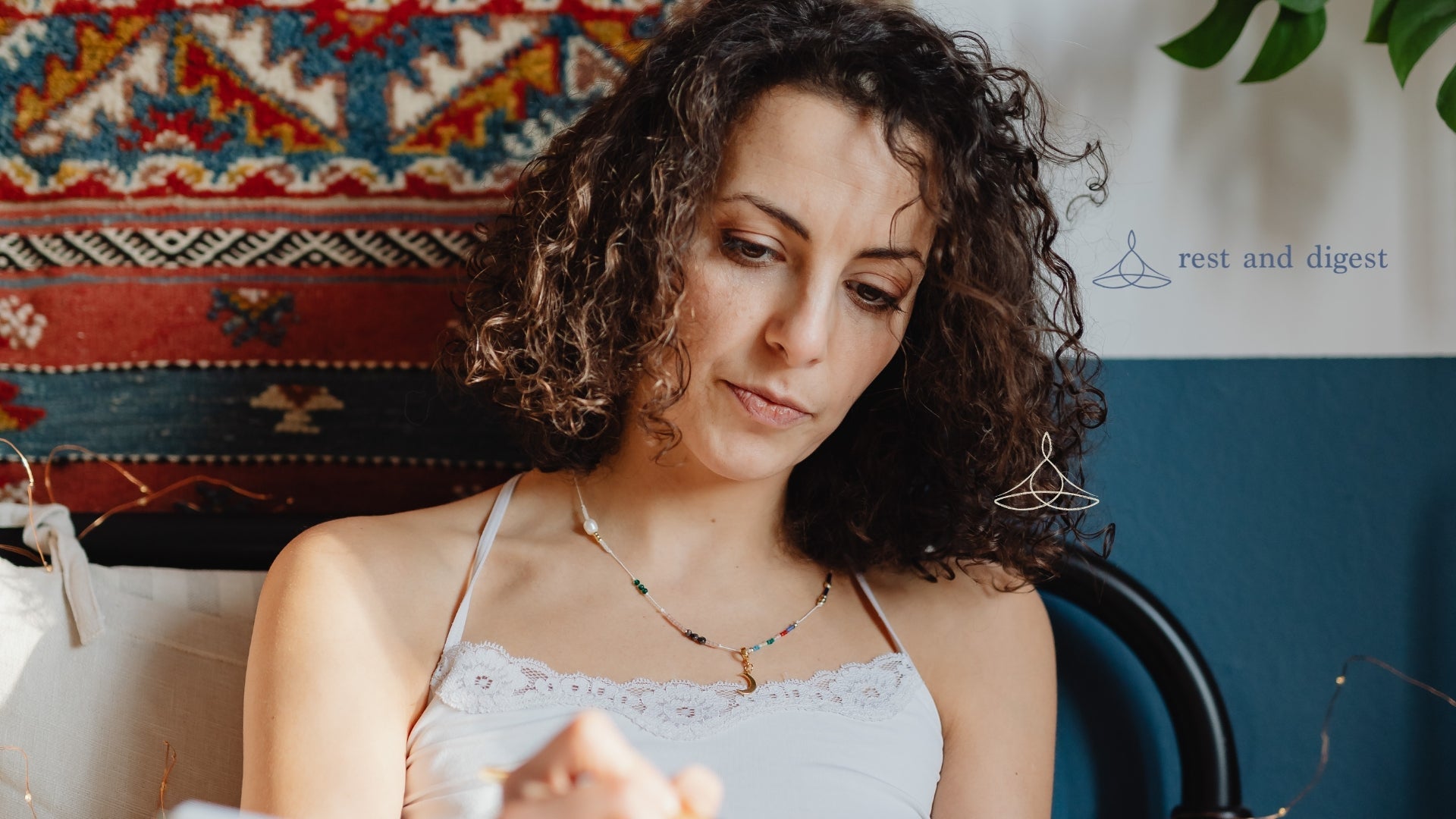
What Is Self Care?
Self care is a multifaceted concept that covers all the activities and practices we do to look after our overall well-being. It's about taking deliberate action to care for our physical, mental, emotional, social and spiritual health. This means recognising our own needs and proactively dealing with them so we can live a balanced life. Self care is not one size fits all, it's different for everyone, depending on our own preferences, needs and circumstances.
Why Is Self Care Important?
Even though self care is important, we can easily neglect our own well-being while trying to meet external expectations and responsibilities. But neglecting self care can lead to burnout, decreased productivity and various health issues.
What Are The Benefits Of Practicing Self Care?
The benefits of self care are many and far-reaching:
- Physical Health: Self care practices like exercise, proper nutrition, getting enough sleep and regular health checks contribute to physical well-being. They reduce the risk of chronic illness, and increase energy and longevity.
- Mental Wellbeing: Self care is key to mental health by reducing symptoms of anxiety and depression, and improving cognitive function and emotional stability. Activities like mindfulness meditation, journaling and therapy get us in a positive state of mind.
- Emotional Resilience: Self care helps us build emotional resilience by helping us manage stress, regulate our emotions and have a positive outlook on life.
- Better Relationships: Prioritising self care means we can have healthier relationships. By understanding and meeting our own needs we can communicate better, set boundaries and support others in a meaningful way.
How Does Self Care Help Mental Health?
Self care practices help mental health by:
- Reducing Stress: Activities like deep breathing, yoga and relaxation techniques lower cortisol and calm us down.
- Improving Emotional Regulation: Mindfulness meditation allows us to observe our thoughts and emotions without judgment so we can build emotional resilience and self-compassion.
- Boosting Self-Esteem: Doing self care activities that align with our values and goals boosts self-esteem and self-confidence.
Self Care Types
Self care can be broken down into different types, each focusing on different areas of well-being.
Physical Self Care

Physical self care is about practices that support and nourish the body. This means eating a balanced diet full of nutrients, exercising regularly according to your needs and preferences, getting enough sleep and attending preventative health checks like medical appointments and screenings. Physical self care not only improves physical health but also energy and vitality and reduces chronic disease.
Adding quality skin care and spa treatments can support physical well-being. Rest and Digest offers skin care tools for at-home treatments. Products like The Base Collective Magnesium and White Tea Body Balm and Hayo'u Beauty Oil nourish and rejuvenate the skin while Hayo'u Gua Sha Body Restorer boosts blood flow and muscle tension relief. These products support physical self care by supporting good natural skin health practices and relaxation.
Emotional Self Care
Emotional self care is about practices that support emotional well-being and resilience. This might mean journaling to get thoughts and feelings out, doing therapy like art or music therapy, seeking support from friends, family or mental health professionals and practising self-compassion and forgiveness. Emotional self care enables us to manage stress, regulate emotions and maintain healthy relationships with ourselves and others.
Natural body fragrances, skin care essentials, body washes, body oils and body creams can support emotional self care by improving mood and well-being. Rest and Digest's natural body fragrance range, including the Serene Body Health collection, features perfume oils made from pure essential oils. For example, the 'Rest' blend with calming lavender and sage and the 'Lift' blend with uplifting spearmint and grapefruit are designed to support emotional well-being through aromatherapy. Other blends like 'Aware', 'Lift' and 'Ground' are also great for relaxation, mood enhancement and stress relief.
Social Self Care

Social self care is about nurturing positive relationships and establishing healthy boundaries in social interactions. This means spending quality time with supportive friends and family, being part of community activities or support groups, active listening and empathy and setting boundaries to protect our own well-being. Social self care builds social connections, a sense of belonging and emotional support when we need it.
Gifting thoughtful items can also support social self care. For example, Rest and Digest offers gift hampers curated to different interests. The Ultimate Self Care Box has skincare essentials and soothing teas perfect to share with a loved one. These gifts can strengthen relationships by showing that you care.
Spiritual Self Care
Spiritual self care is about practices that nourish a sense of purpose, meaning and connection to something bigger than yourself. This might include meditation, prayer or religious rituals, spending time in nature to renew yourself spiritually, exploring existential questions or philosophical beliefs, or practising mindfulness or gratitude. Spiritual self care brings inner peace, resilience and personal growth so you can find meaning and fulfilment in your life.
Products like the Queen B Mindfulness Kit from Rest and Digest, which includes Mini Brass Beehive candle holders and Little Lights candles, can support your spiritual practices. These candles are perfect for yoga, meditation or relaxation and create a peaceful and mindful space. You can also consider the Rest and Digest yoga mats or Yoga Bundle which includes everything you need for a great yoga session and spiritual connection.
Self care prevalence and expenditure statistics (2012)

Source: https://www.ncbi.nlm.nih.gov/pmc/articles/PMC5381426
Intellectual Self Care
Intellectual self care is about stimulating your mind and expanding your knowledge and creativity. This might include reading books, articles or research papers on topics you're interested in, attending lectures, seminars or workshops to learn new skills, engaging in intellectual conversations or debates, pursuing hobbies or creative pursuits or setting goals for personal development. Intellectual self care is lifelong learning, critical thinking and personal enrichment.
To support your intellectual self care consider using productivity tools like a good planner or journal. Rest and Digest offers options like the Bespoke Letterpress Linen Journal or the Leuchtturm 1917 Bullet Journal for daily reflections, goal setting and creative brainstorming. These thoughtful tools not only support productivity but also moments of self-reflection and personal growth.
Professional Self Care

Self care for professionals is about practices that support career growth, work-life balance and job satisfaction. This means setting realistic goals and priorities, managing your time, seeking opportunities for upskilling and advancement, establishing healthy boundaries between work and personal life and advocating for workplace policies that put employee well-being first. Self care for professionals means you can thrive in your career and look after your physical, emotional and mental well-being.
The Deluxe Self Care Hamper which includes the Hayo'u Gua Sha Body Restorer and Love Tea's Calming Tea Pyramids will help you unwind and rejuvenate after a long day at work and maintain a healthy work-life balance.
How To Incorporate Self Care Into Your Daily Routine
Adding self care to daily routines requires intention and commitment to putting ourselves first. Here's how to do it:
Identify Your Needs
Start by knowing what areas of self care are most important to you and your current situation and goals. What areas of self care are you neglecting and what makes you feel happy and fulfilled?
Prioritise Self Care
Make self care a priority by giving time and resources to what nourishes you. Schedule self care into your daily or weekly routine so it becomes a habit.
Set Boundaries
Set boundaries in all areas of your life, relationships, work and personal commitments to protect time and energy for self care. Learn to say no to things that don't align with your self care goals.
Practice Mindfulness
Incorporate mindfulness practices like meditation, deep breathing or yoga into your daily routine to increase self-awareness and reduce stress. Mindfulness helps you stay present and focused and overall well-being.
Find Activities That Bring You Joy
Find and do what brings you joy, fulfilment and relaxation. Whether it's a hobby, creative pursuit or physical activity, do what resonates with you.
Take Breaks
Pause throughout the day to recharge and refocus. Get up from your desk, stretch or take a short walk.
Self Care Tips For Different Situations
Self Care At Work
Taking care of yourself while working requires intentional self care. Here's how to do self care at work:
- Set boundaries between work and personal life to have a work-life balance. Define your work hours and don't check emails or take work calls outside of those hours.
- Take short breaks throughout the day to recharge and avoid burnout. A pomodoro timer is ideal to increase your productivity in this way.
- Reach out to colleagues, mentors or supervisors for guidance, feedback and support when needed. Having a support network at work can reduce stress and give you perspective on challenges.
- Prioritise high-priority tasks and delegate or postpone low-priority tasks as needed. Organise your workload to reduce stress and be productive.
- Do stress-reducing activities like deep breathing exercises, mindfulness meditation or physical exercise. These can reduce stress and overall well-being.
Self Care in Stressful Times
During stressful times self care is key to resilience and happiness. Try these:
- As much as possible stick to your routine so you have structure and stability when things are uncertain or chaotic.
- Be kind to yourself, it's okay to feel overwhelmed or stressed in tough times. Treat yourself like you would to a friend in the same situation.
- Lean on friends, family or support groups for emotional support and guidance. Share with trusted people and get comfort and perspective.
- Add relaxation techniques like deep breathing, progressive muscle relaxation or guided imagery into your daily routine. These will calm your mind and body.
- Make self care a priority by scheduling time for things that you enjoy. Whether it's reading a book, taking a warm bath or going for a walk, make time for things that recharge you.
Self Care For Caregivers
Being a caregiver can be amazing and hard, so carers need to care for themselves. Here are some self care tips for carers:
- Take time out from caring to rest, recharge and look after yourself. Use respite care or ask family and friends to give you a break.
- Set realistic expectations for yourself and others, caring can be physically and emotionally draining. Know your limits and ask for help when you need it.
- Delegate or ask family, friends or professional carers to help you out. Asking for help means you can focus on your well-being and the quality of care.
- Be kind to yourself, caring is hard and you're making sacrifices. Celebrate your efforts and achievements no matter how small.
- Take time to do things that recharge your batteries and bring you joy: hobbies, exercise or relaxation techniques. Caring for yourself means you can care for others.
Self care is essential to a balanced and happy life. By recognising the multifaceted nature of self care, you can address the physical, emotional, social, spiritual, intellectual, and professional needs. Whether you're incorporating self care into your daily routine or seeking support during tough times the key is to know your needs and be intentional with your actions to nourish your overall health and happiness.





